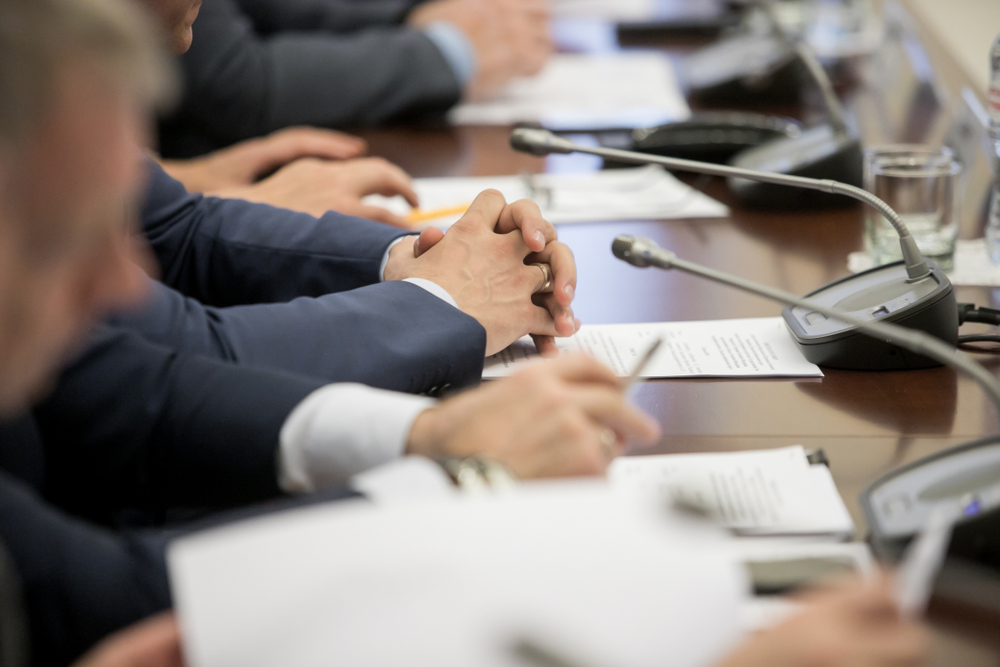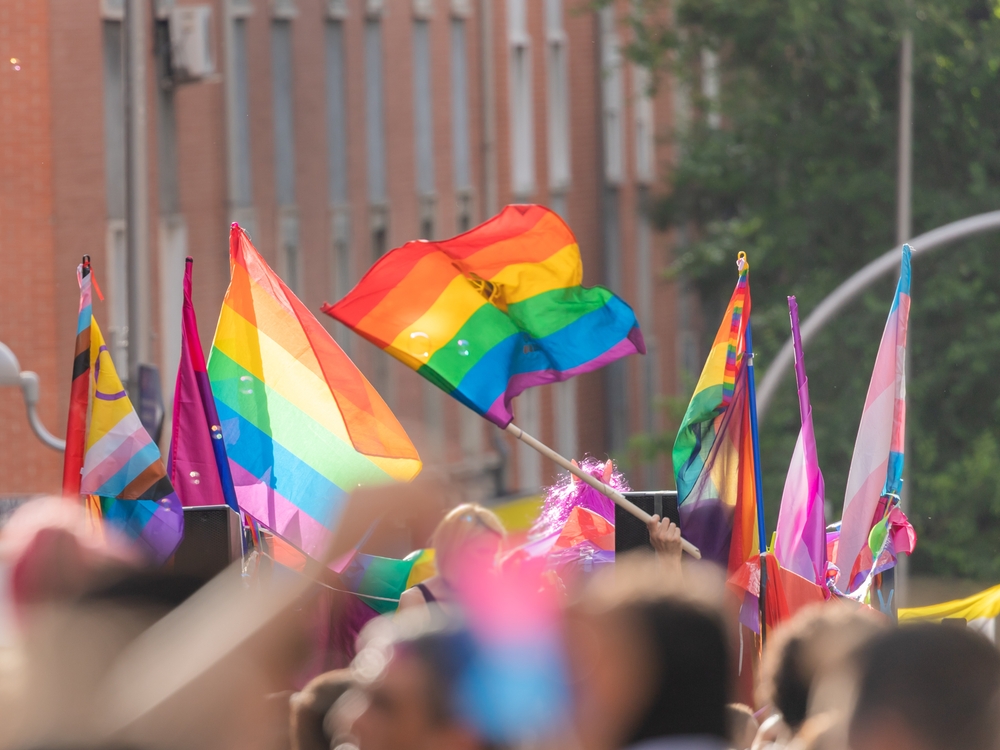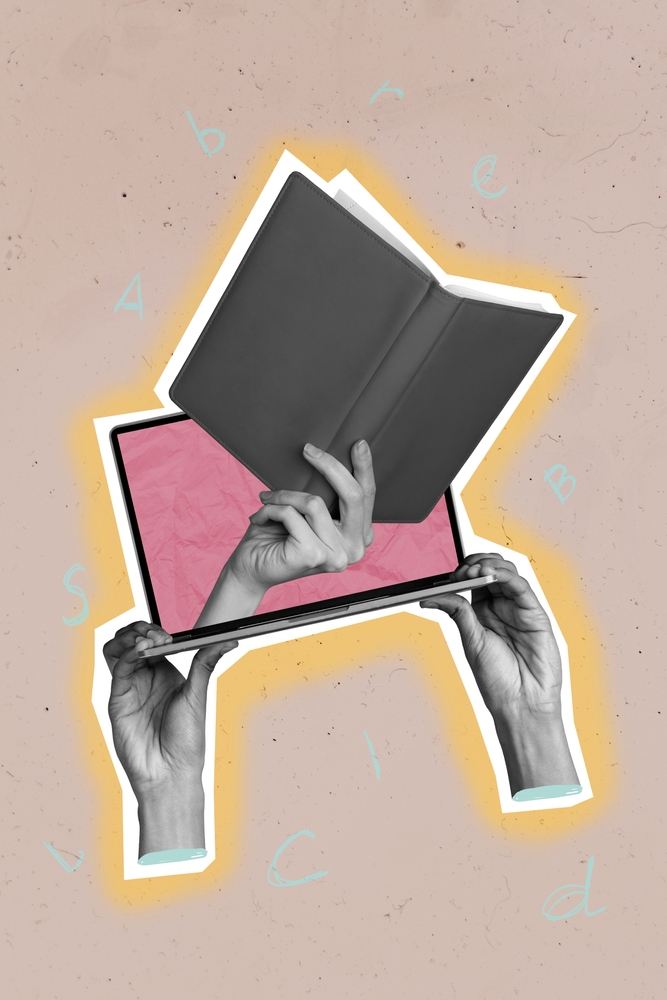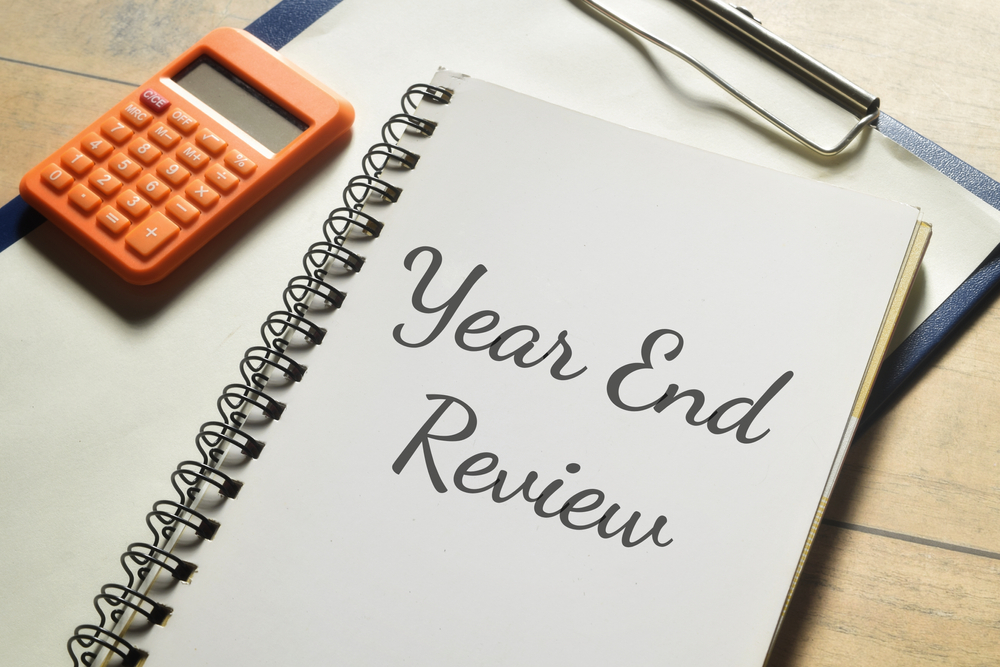On March 13, 352 representatives in the House of Representatives passed a bill that gave Byte Dance, the Chinese company that owns TikTok, the request to either sell the app to an American company or face a national ban on the platform.
Many adults argue that not only is TikTok a threat to data security with its association with the Chinese Community Party, but the app can also damage the development of younger generations.
“The constant barrage of fleeting stimuli disrupts the brain’s ability to process and store information effectively. This can lead to a decline in short-term memory, making it harder to retain information over a more extended period,” a “Digital Daze” article about the negative effects of TikTok said.
But is the TikTok Ban really about its negative effects on the youth, or its ties with foreign nations, or is it something deeper?
Members of Generation Z argue that TikTok is exceptionally beneficial as a means of communication and spreading information. For this reason, they believe that the government banning TikTok would be a violation and suppression of First Amendment rights.
“I believe that the government is just trying to silence people’s voices considering they see the impact Tik Tok can have on politics and society, “ Grayson Roper, a junior at Montclair High School said.
Banning TikTok would have serious consequences on freedom of speech and expression as it would be the first time the government has moved forward with banning a social media platform, especially one with as much influence as TikTok. The decision is strange considering that platforms are rarely banned on the basis of the owner rather than the content put out.
The app has been the cause of increased political activism including for the Black Lives Matter and Free Palestine movements. Users feel free to express their opinions to others online and advocate for policy change.
The growing popularity of the app has sparked concern for the government and they are worried that they will lose their grip on the younger generations. Data insecurity is not limited to the Chinese government in America, many apps including Facebook and Twitter pose various risks to the online security of Americans. Since TikTok is not American owned, it poses a problem for the U.S. government.
If the bill passes through the House of Representatives to the Senate, the president has the opportunity to sign the bill and put the ban in full effect. The U.S. government should reconsider this bill because of its limits on the freedoms of American citizens and how information is spread.













